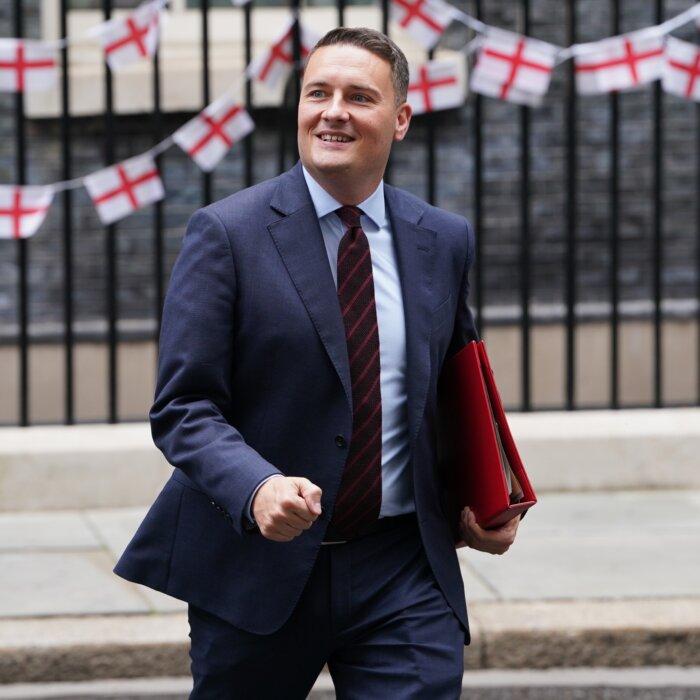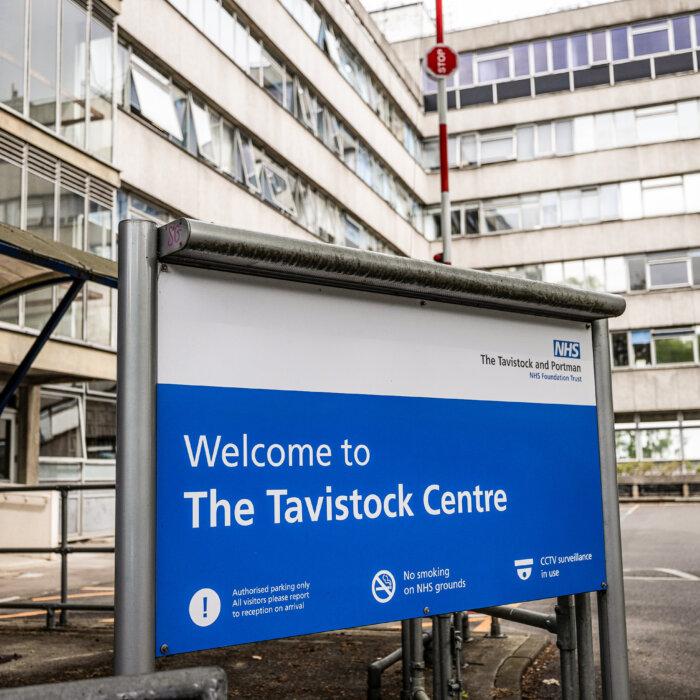A ban on the NHS and private clinics prescribing puberty blockers to gender-confused children by the Conservative government was lawful, a High Court judge ruled on Monday, paving the way for Labour to make the policy permanent.
Campaign group TransActual and a 15-year-old trans-identified boy challenged the decision of the now shadow health secretary Victoria Atkins to impose the banning order in June, intended to bring the law for private clinics in line with NHS guidelines.
Order Closed Loophole for Private Clinics
The Conservative government’s order, made one week before the general election was called, prohibited any new prescriptions of the drugs by private providers, effectively closing a loophole that meant children with the means to pay could get around the NHS ban.The trans-identified teenage claimant and TransActual argued that procedural rights were breached by the Department of Health because there was no consultation before the ban was announced. The boy was in the process of acquiring a prescription for puberty blockers from an overseas provider when the order was made, and he argued that his human right to privacy had been breached by the order.
The emergency ban applied to prescriptions written by UK private prescribers and prescribers registered in the European Economic Area or Switzerland.
The same order introduced indefinite restrictions on the prescribing of puberty blockers within NHS primary care in England, in line with existing guidelines, allowing those already on the drugs to continue taking them because of the potential risk to a young person’s mental health if they were suddenly stopped.
‘Substantial Risks, Narrow Benefits’
She said in her 62-page judgment, “This decision required a complex and multi-factored predictive assessment, involving the application of clinical judgment and the weighing of competing risks and dangers, with which the court should be slow to interfere.”She added that in her view, “The Cass Review’s findings about the very substantial risks and very narrow benefits associated with the use of puberty blockers, and the recommendation that in future the NHS prescribing of puberty blockers to children and young people should only take place in a clinical trial, and not routinely, amounted to powerful scientific evidence in support of restrictions on the supply of puberty blockers on the grounds that they were potentially harmful.”
“Although the Cass Review did not state in terms that puberty blockers cause ‘a serious danger to health’, that was not the question that the Cass Review was asked to consider.
“That was a matter for the defendants to determine on all the evidence before them. It would have been premature to do so before the final report had been published.”
The judge found that there is “an exemption” from statutory requirements to consult on policy changes in emergency situations, such as when there is a danger to children’s health, adding that “it is not for the courts to impose an additional duty to consult.”
Although the emergency ban was implemented by the Conservatives and is set to expire in September, the court heard that it might be made permanent by the new Labour administration.
Health Secretary Wes Streeting said he was “treading cautiously” in his decision amid “lots of fear and anxiety.”
After indicating that he was minded to maintain the ban, Mr. Streeting faced criticism from trans rights activists who made unfounded claims that banning the drugs would result in more gender-confused teenagers taking their own lives.
An independent review by the government’s suicide-prevention expert found no evidence of a significant rise in suicides among patients at the Tavistock GIDS clinic, where the use of puberty blockers was restricted from 2020.
Lawyers acting for the DHSC said in an email read out during the the court case: “The government supports implementation of the Cass Review and, subject to the outcome of these proceedings, is minded to renew the emergency banning order with a view to converting it to a permanent ban, subject to appropriate consultation.
“The government is committed to providing young people with holistic care, in line with the recommendations of the Cass Review.”
TransActual said in a statement that it “condemns” the High Court decision, adding, “We have asked the judge for leave to appeal, and will decide whether to do so subject to the advice we receive.”







